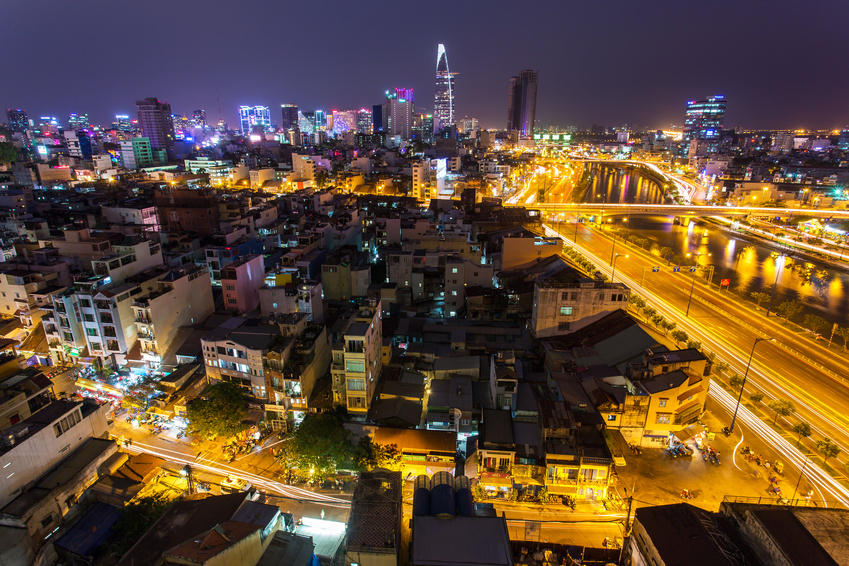In brief
The government recently issued Decree No. 18/2021/ND-CP (“Decree No. 18“), amending a number of provisions under Decree No. 134/2016/ND-CP and elaborating on the Law on Export and Import Duties. The new decree comes into force on 25 April 2021.
Key takeaways
Decree No. 18 provides the following key points:
- Duty treatment for toll manufacturers and contract manufacturers
- Import duty refund for imported goods that have to be re-exported
- Physical conditions applied to export processing enterprises (EPE)
In more detail
1. Duty treatment of imported goods under toll manufacturing contracts
Toll manufacturers continue to enjoy import duty exemption for any imported materials that are assigned to any domestic subcontractor. However, it is unclear whether subcontractors can also have import duty exemption if they have to import any materials to implement the subcontracted works.
If finished goods under toll manufacturing contracts are on-the-spot (OTS) exported, any related imported materials may only be exempted from import duty if the exporter successfully notifies customs authority of the information of the corresponding OTS import customs declaration with the condition that such OTS import must be completed within the statutory time frame of 15 days. Otherwise, the exporter will have to open a new customs declaration for such related imported materials and pay import duty and tax applicable at the time of the new customs declaration, and may only receive a refund after successfully notifying the corresponding OTS import customs declaration.
Decree No. 18 removes the 3% cap on domestically sold waste and scraps generated during the toll manufacturing process. However, redundant imported materials have been removed from the list, which means that any amount of redundant imported materials sold domestically will be subject to import duty.
2. Duty treatment of imported goods under export manufacturing contracts
Decree No. 18 aligns the treatment of imported materials that were destroyed in Vietnam under an export manufacturing contract with those under a toll manufacturing contract.
Decree No. 18 also aligns the duty treatment in the event of subcontracting, including where subcontractors are affiliates or subsidiaries of the export manufacturers.
The scope of duty refund for imported goods that have to be re-exported is expanded.
3. Detailed conditions of customs surveillance for EPEs
Decree No. 18 details physical conditions applied to an EPE as set forth under Decree No. 82/2018/ND-CP, including the following:
- Separated from external areas by fixed fence; entrance/exit gates are arranged so that goods may only enter or exit the EPE through such gates
- Equipped with 24-hour camera surveillance system at gates and goods storage areas that are connected directly with the customs authorities in charge; camera data to be archived for at least 12 months
- Use software to monitor imported goods
Decree No. 18 also sets forth the licensing procedure for EPEs.
Existing EPEs have one year from the entry into force of Decree No. 18 to fulfil the above conditions.
4. Import duty refund for imported goods that have to be re-exported
Decree No. 18 clarifies circumstances under which imported goods must be re-exported, including the following:
- Returning to goods owners
- Exporting abroad
- Exporting to non-tariff zones
This opens the possibility that imported goods re-exported for trading purposes may also receive import duty refunds.




